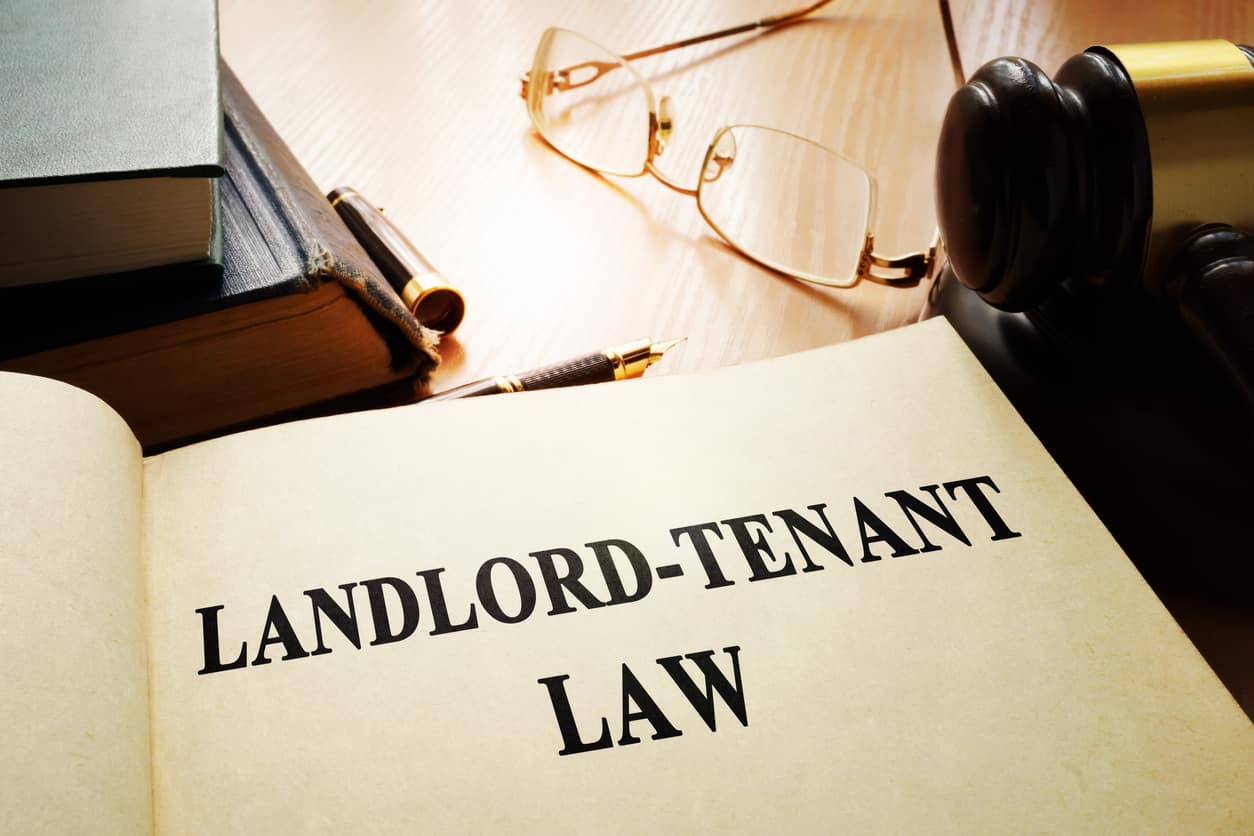Large or small, luxurious or modest, your home should be a place where you feel safe and comfortable. It is where your family is, where your pets live and where you keep your most valuable possessions.
Considering all that people have under their roofs, it makes sense that they typically go to great lengths to ensure their home is protected. Threats of eviction can put all of this into jeopardy, so it is crucial that Texas renters understand the basics of the eviction process. Below are some important clarifications.
- You cannot just be tossed out on the street. To be lawfully evicted, landlords must give proper notice to a tenant who is unlawfully using or in possession of a rental property.
- Evictions will typically stem from certain violations. This can include failure to pay rent, engaging in illegal or undesirable actions or violations of specific lease terms, such as smoking or having a pet.
- After you receive notice, eviction is not immediate. You may be able avoid the eviction by remedying the violation that sparked the action. For example, you can pay unpaid rent or relocate unapproved pets or guests.
- Even if you can’t or won’t correct bad behavior, you still have three days from the time you receive notice to move out, in accordance with Texas eviction laws. However, you may have more or less time if you agreed to such a period in a lease.
- If you still have not vacated, then a landlord can file a lawsuit for forcible entry and detainer against you. If legal action is successful, law enforcement agents can come to your property and remove you.
As you can see, you still have rights as a tenant, even if you are facing eviction, and the process doesn’t happen overnight.
However, it is generally not in anyone’s best interests to just hope for the best or do nothing when an eviction notice is filed. Tenants and landlords would both be wise to consult an attorney to assess their legal options and rights. Based on the details of an individual case, there can be ways to resolve a dispute without having to go to court and without having to lose a home.



